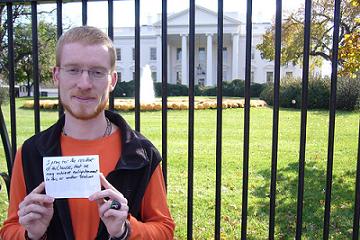HAPPY MONDAY everyone. Over the weekend I thought a lot about the concept of “narration” within the context of control.
How to remember what “framing” is
A few years ago I saw a documentary that explained the concept of “framing an issue.” It showed a picture of a young couple. It was obviously an old picture, black and white. From the way the couple was dressed it appeared to be the early 1900s. They were smiling in a way that seemed very happy.
